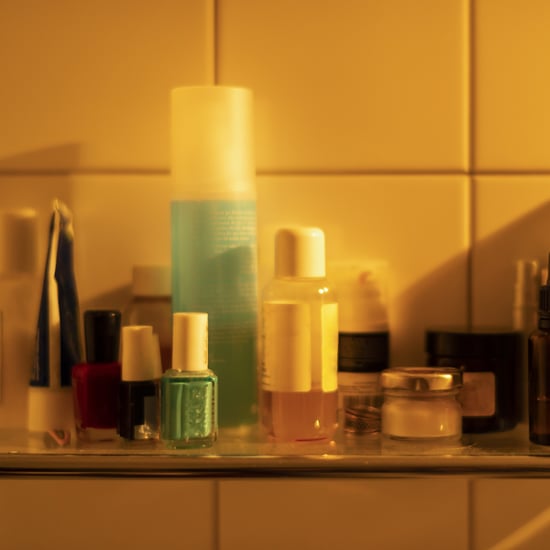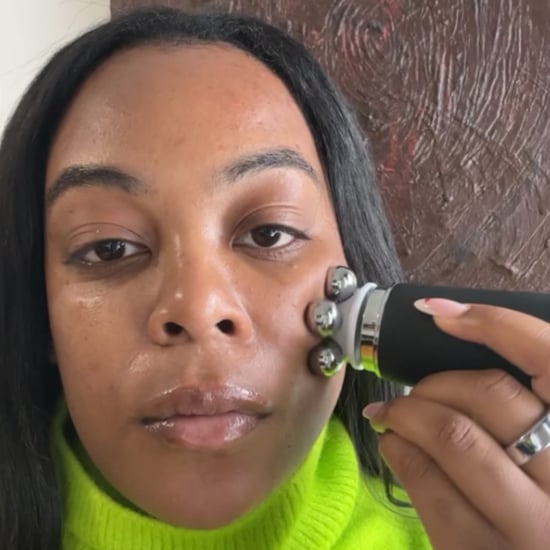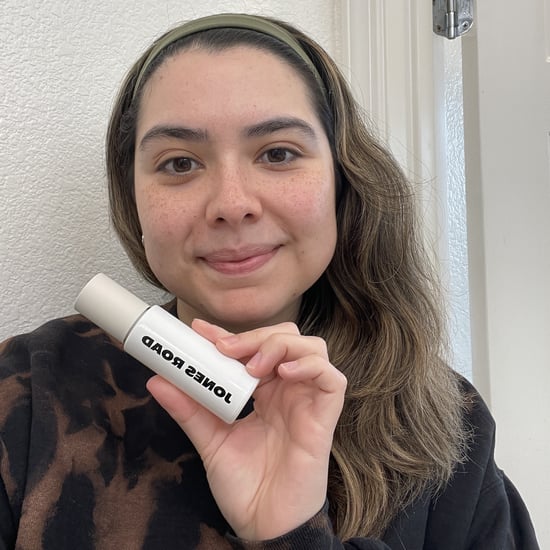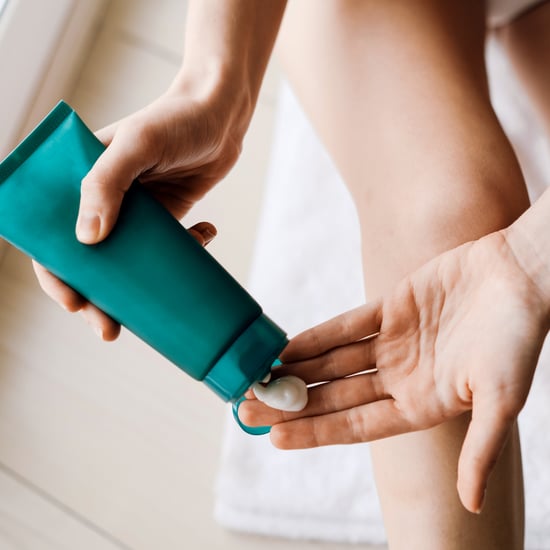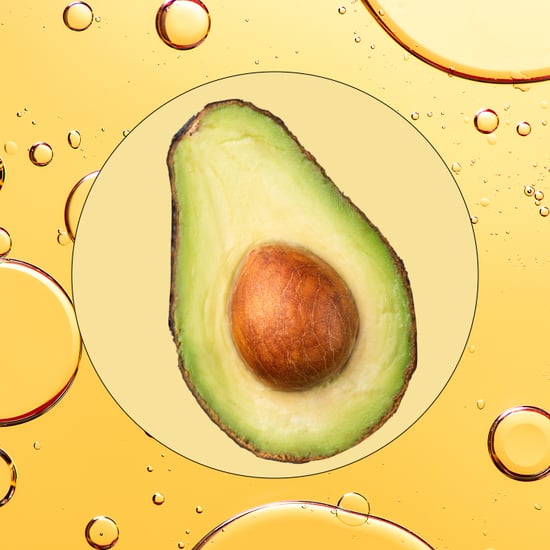Toxic Ingredients in Beauty Products
Check Your Beauty Products — Here Are 5 Toxic Ingredients to Avoid

As part of our self-care routines, we know what we put in our body is important. We shop organic, eat clean, and blend up healthy green smoothies for breakfast. But what about what we put on our bodies? Skin is the body's largest organ. It protects us from the elements, regulates our temperature, and houses our strong souls. Our skin is also mighty absorbent — and what goes on our body eventually goes in and through it.
From shampoo and conditioner to lotions, serums, makeup, and perfumes, we are constantly massaging, dabbing, brushing, and spritzing ourselves with beauty products chock-full of unpronounceable words. With virtually no real regulations regarding health and safety of these products, some professionals are wary of what's inside. Many of us are aware of potentially harmful ingredients in deodorant, but our healthy body quests certainly don't stop there. Studies are inconclusive when it comes to the long-term effects of certain chemicals, but many health professionals advise using caution when it comes to your beauty routine. Certain ingredients commonly found in your bathroom cabinet have been touted as skin irritants, endocrine disruptors, and may even be carcinogenic.
Before you go cleaning out your entire stash of beauty products, keep an eye out for these five potentially harmful ingredients hiding out in your favourite bottles and tubes.
Parabens
Parabens act as a preservative commonly found in moisturisers, hair products, and cosmetics to prevent the growth of bacteria, yeast, and mold. That's not all. "Of greatest concern is that parabens are known to disrupt hormone function, an effect that is linked to increased risk of breast cancer and reproductive toxicity," a study by the nonprofit Cosmetics Safety Group cites. It has even been identified in breast cancer tumor biopsies, as well. The European Union banned parabens in 2012, but the FDA has yet to regulate this ingredient in America.
Phthalates
Phthalates are key components of plastics and are widely found in lotions, nail polish, perfumes, and hair spray. A study by Harvard School of Public Health showed increased levels of phthalates resulted in DNA damage in human sperm. They may be linked to other cellular damage, as well.
Scanning your labels? Phthalates are often not even mentioned, instead remaining hidden in the term "fragrance" or not listed at all — a loophole in the FDA law protecting cosmetic companies from revealing their "industry trade secrets."
Formaldehyde
Yup, we're talking the preservative you smelled when disecting frogs in your eigth grade science class can be found in your mascara, nail polish, cleansers, and more. While it acts as a preservative to prevent bacteria growth, formaldehyde is deemed a human carcinogen by The International Agency For Research on Carcinogens (IARC). It is also an irritant, causing many skin allergic reactions and may even be harmful to the immune system. Give natural makeup products a try instead.
Synthetic colours
Love the hue of your shampoo? Thank synthetic colours, the only ingredient of body care products subject for FDA approval before it hits the shelves. Additives are often derived from petroleum and tar sources, or chemical compounds blended to react and create a colour. Many of these have been labeled as carcinogens or linked to ADHD in children.
The European Union has banned artificial colours in their food and body care products. Look for combos of letters and numbers such as such as FD&C Blue No. 1 or Blue 1. to delineate this additive. Then swap out that blue body wash for natural body care products, which don't contain artificial colours or dyes, instead.
Chemical Sunscreens
The UV-ray absorbing chemical oxybenzone is a highly absorbent ingredient that has been shown to mimic estrogen in the body and has a high rate for skin allergy as well, according to studies compiled by the Environmental Working Group. Other synthetic chemical sunscreen agents including benzophenone, PABA, avobenzone, homosalate, and ethoxycinnmate may cause cellular damage and cancer in the body. These chemicals are none too friendly to the environment either and are toxic to many organisms, including coral.
Of course, we fully recommend wearing your SPF daily. Look for brands containing zinc and titanium dioxide, which act as a physical UV-block and are not readily absorbed by the skin. Prevent destruction of our oceans and always look for the "reef-safe" stamp of approval when hitting the beach.
